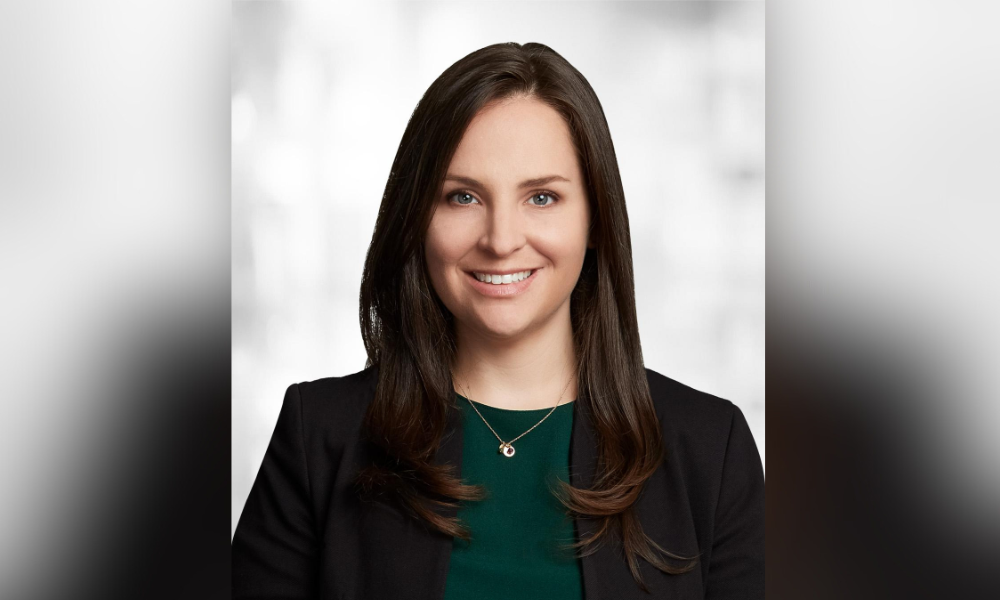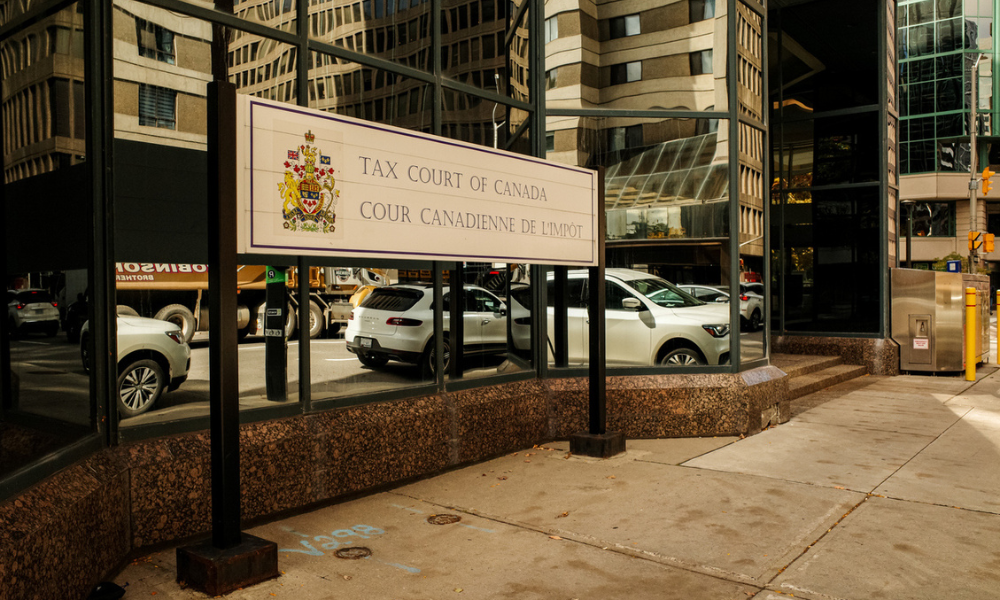University of Windsor law professor Emily Carasco, who accused the law school of gender and racial discrimination, suddenly withdrew her application to the Human Rights Tribunal of Ontario on Aug. 29 after reaching a settlement with the university.
Carasco launched a human rights complaint in 2010 after she lost the candidacy for the law school’s new dean to Camille Cameron, who joined the faculty in January. Carasco claimed she wasn’t handed the position because the search committee didn’t want to hire a racial minority. As a result, she asked the tribunal to order the university to fire Cameron and appoint her instead. She also sought $60,000 in compensation.
In her complaint, Carasco accused fellow law professor Richard Moon of discriminating against her when he told the dean search committee that she had plagiarized parts of an immigration and refugee law casebook that she co-authored. Carasco wanted Moon to publicly retract his allegations and sought $15,000 in damages.
Then earlier this week, after five days of hearings, the parties came to an agreement. The details of the settlement have not been released and Carasco declined to comment when reached by Legal Feeds.
In a statement, Holly Ward, spokeswoman for the University of Windsor, said: “The university has and will continue to strive for the highest standards of human rights and equity. With respect to the specific application that was before HRTO, we will be making no further statements.”
Prior to the settlement, Carasco faced two days of cross-examination where Raj Anand, counsel for the University of Windsor, and Freya Kristjanson, Moon’s lawyer, presented multiple examples of unattributed passages in her work.
Carasco maintained that it shouldn’t be considered plagiarism because she didn’t intentionally try to pass off another author’s ideas as her own.
According to The Windsor Star, Carasco told the tribunal: “Carelessness I would plead guilty to. An attempt to deceive or appropriate . . . no.”
The Star reported that Mary Eberts, Carasco’s lawyer, argued that Carasco would have been hired if she hadn’t been accused of plagiarizing.
“The plagiarism allegations unsettled or dispersed some of the support she would have had despite her minority status. The people who were against her candidacy — because they did not want her signature and methodology in the law faculty — were able to dominate the process.”
Anand defended the faculty of any wrongdoing, according to the Windsor newspaper.
“You have far-fetched allegations and no facts from which to infer discriminatory factors were at play. Nowhere in any of the massive filings will you find any evidence of any action from any of the committee members that suggest they were adverse to racial minorities,” he reportedly told the tribunal.
Carasco launched a human rights complaint in 2010 after she lost the candidacy for the law school’s new dean to Camille Cameron, who joined the faculty in January. Carasco claimed she wasn’t handed the position because the search committee didn’t want to hire a racial minority. As a result, she asked the tribunal to order the university to fire Cameron and appoint her instead. She also sought $60,000 in compensation.
In her complaint, Carasco accused fellow law professor Richard Moon of discriminating against her when he told the dean search committee that she had plagiarized parts of an immigration and refugee law casebook that she co-authored. Carasco wanted Moon to publicly retract his allegations and sought $15,000 in damages.
Then earlier this week, after five days of hearings, the parties came to an agreement. The details of the settlement have not been released and Carasco declined to comment when reached by Legal Feeds.
In a statement, Holly Ward, spokeswoman for the University of Windsor, said: “The university has and will continue to strive for the highest standards of human rights and equity. With respect to the specific application that was before HRTO, we will be making no further statements.”
Prior to the settlement, Carasco faced two days of cross-examination where Raj Anand, counsel for the University of Windsor, and Freya Kristjanson, Moon’s lawyer, presented multiple examples of unattributed passages in her work.
Carasco maintained that it shouldn’t be considered plagiarism because she didn’t intentionally try to pass off another author’s ideas as her own.
According to The Windsor Star, Carasco told the tribunal: “Carelessness I would plead guilty to. An attempt to deceive or appropriate . . . no.”
The Star reported that Mary Eberts, Carasco’s lawyer, argued that Carasco would have been hired if she hadn’t been accused of plagiarizing.
“The plagiarism allegations unsettled or dispersed some of the support she would have had despite her minority status. The people who were against her candidacy — because they did not want her signature and methodology in the law faculty — were able to dominate the process.”
Anand defended the faculty of any wrongdoing, according to the Windsor newspaper.
“You have far-fetched allegations and no facts from which to infer discriminatory factors were at play. Nowhere in any of the massive filings will you find any evidence of any action from any of the committee members that suggest they were adverse to racial minorities,” he reportedly told the tribunal.







